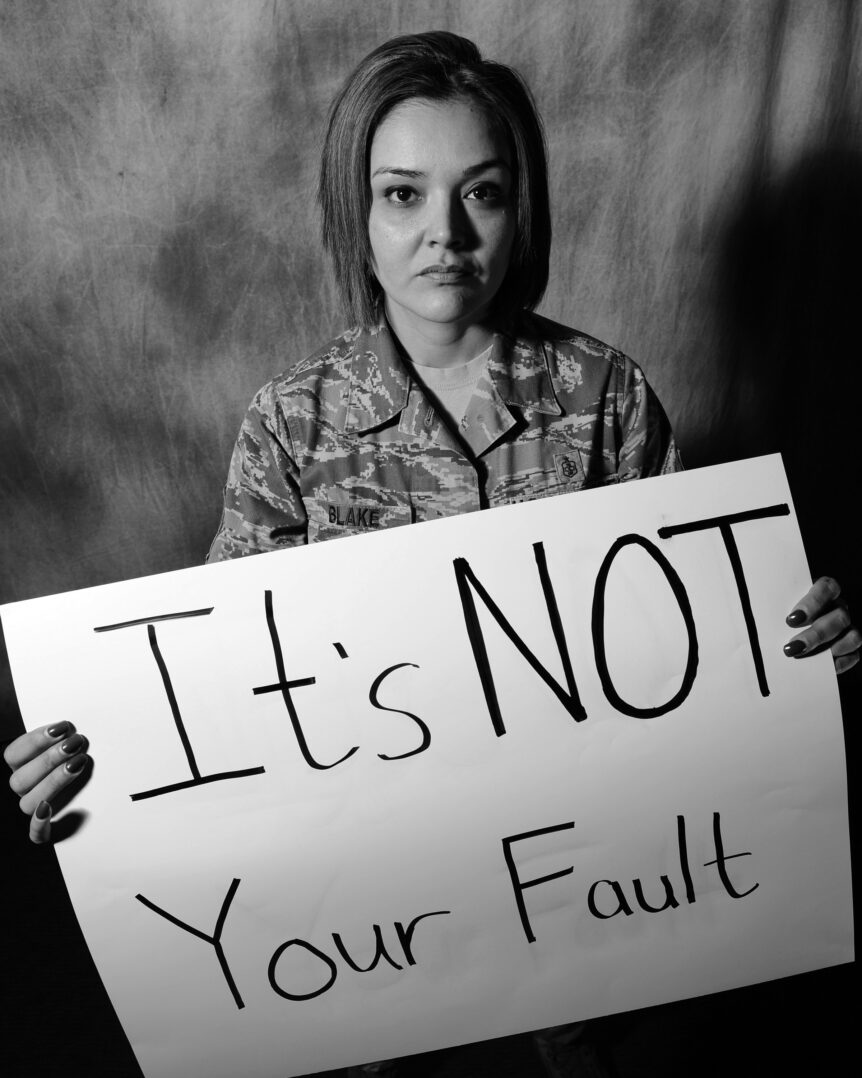Share this Post
Why even post #MeToo, sexual abuse remains the most under-reported crime.
Sexual abuse is a serious public health issue, with one in three women and one in six men reporting some form of sexual violence in their lifetime. In addition, sexual abuse is the most under-reported crime, as the majority (63 percent) of individuals who experience sexual violence do not report it to authorities.
Since the inception of the #MeToo movement in the fall of 2017, there have been significant increases in the number of people reporting sexual abuse and harassment. Unfortunately, most of those who report abuse will not see their perpetrator go to jail or prison. The Rape, Abuse, and Incest National Network (RAINN) estimates that out of every 1000 sexual assaults only five of the perpetrators will be incarcerated for the crime. Those statistics are disheartening and consequently beg the question—why should someone who was abused bother reporting at all?
Reporting sexual abuse is a personal decision and it is not easy. Those who have experienced abuse report numerous barriers to reporting including:
- Feelings of shame, guilt and embarrassment
- Perceived negative consequences of reporting
- Fear of retaliation by the perpetrator
- Financial dependence upon the perpetrator
- The perpetrators not allowing help
- Not wanting family member or friend to be prosecuted
- Disbelief in getting a successful prosecution
- Lack of resources for getting help
- Distrust of the criminal justice system
- Cultural or language barriers
Those barriers are all very real and difficult to overcome. Ultimately, an individual may decide that reporting the abuse is not the right decision for them, and that is OK. There is an excellent article in The Cut in which women who reported sexual harassment and assault discuss the impact that reporting had on their lives. For some it was a positive experience, and for others it was not.
However regardless of outcome, reporting the abuse may have benefit to those who have experienced the abuse as well as preventing future abuse from happening. Reporting abuse may result in:
- Catharsis and Healing: Some survivors of abuse report that coming forth and facing their abuser and telling the world what they did helped in their healing. Although survivors caution that this may not be the case for all so someone should only come forth when and if they are ready
- Access to Resources: Once someone reports sexual abuse, regardless of outcome, they may be referred to support and therapeutic resources that they may not have known about before. Seeking effective treatment can help decrease the deleterious consequence of abuse.
- Increased Reporting by Others Who Also Experienced Abuse: Hearing one story may encourage others to come forward as well as we saw with #MeToo—in many recent cases in the media, we saw that once one or two people came forward, others were encouraged to share their stories and the case against the perpetrator became much stronger.
- Decreases in Reoffending: Identifying the perpetrator may make it less likely that they will offend again. Many perpetrators use techniques such as grooming to prevent detection. However, if they think that the risk of detection is high it may prevent future offending.
In conclusion, survivors of sexual abuse must make the decision that is best for them. There are many real barriers to reporting sexual abuse and the decision to report is a very personal one. Those who report their abuse should be aware that at present the chances of conviction are low, but there may be some personal benefits to reporting as well as the possibility of decreasing future abuse. RAINN provides links to many resources for survivors of abuse that can be accessed here.
For more information, see: Jeglic, E.J., & Calkins, C.A. (2018). Protecting you Child from Sexual Abuse: What you Need to Know to Keep your Kids Safe. New York: Skyhorse Publishing
Originally published by Elizabeth L. Jeglic Ph.D.

